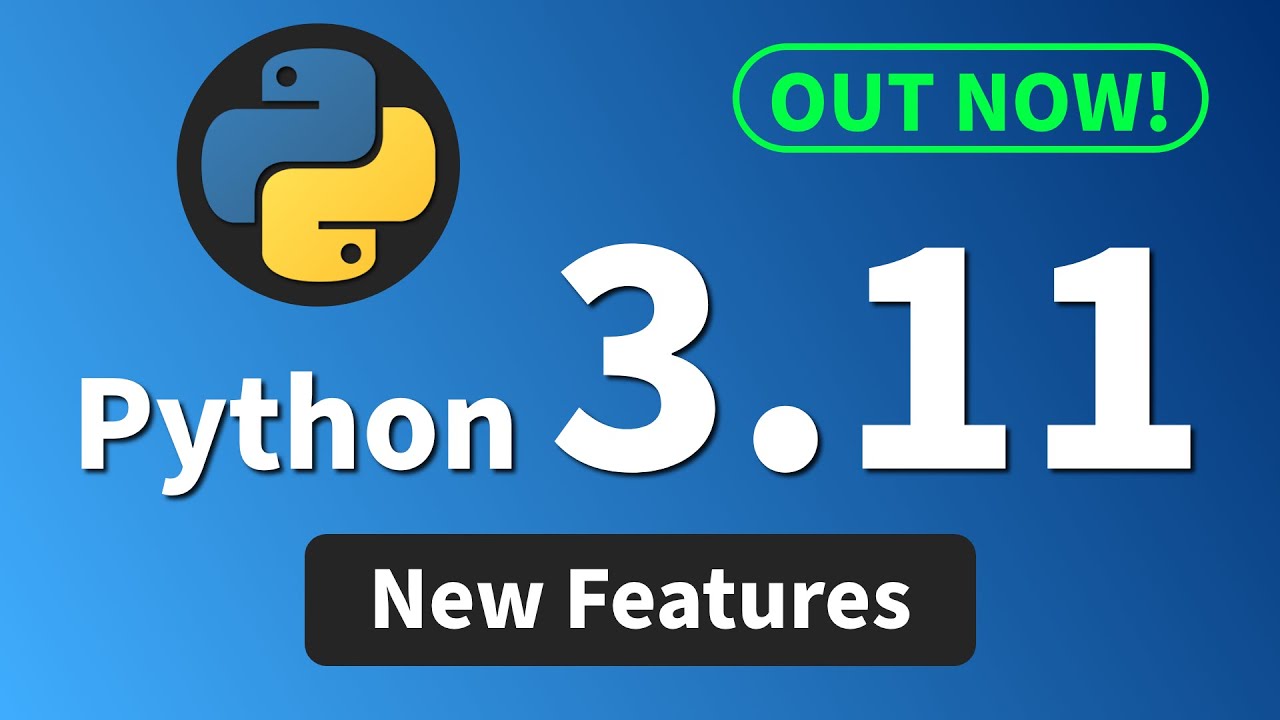Python has been one of the most popular programming languages for the past decade. With the release of Python 3.11, many developers are interested in exploring the new features and improvements. One of the primary concerns that developers have when considering upgrading to a new version of Python is the performance.
In this blog post, we’ll take a closer look at Python 3.11’s performance and what you can expect from it.
Python 3.11 Performance Improvements
Python 3.11 introduces several performance improvements that make it faster than its predecessors. Here are some of the most significant improvements:
- Vectorcall: One of the most significant changes in Python 3.11 is the introduction of vectorcall. Vectorcall is a new calling convention that replaces the traditional call method with a faster and more efficient version. Vectorcall can handle a more significant number of arguments and is more memory-efficient, making it ideal for functions that require a large number of arguments.
- PEP 634: Structural Pattern Matching: Python 3.11 introduces PEP 634, which adds structural pattern matching to the language. Structural pattern matching is a powerful feature that allows developers to match complex data structures with a concise syntax. This feature can significantly improve the performance of code that relies heavily on pattern matching.
- Optimized Parsing: Python 3.11 includes an optimized parsing algorithm that makes the interpreter faster and more efficient. This optimization reduces the time it takes to parse code, which can have a significant impact on the performance of large applications.
- Faster Hashing: Python 3.11 introduces a faster hashing algorithm that speeds up the hash function used to store and retrieve data in dictionaries. This optimization can improve the performance of code that relies heavily on dictionaries.
- Improved Type Hints: Python 3.11 includes several improvements to type hints that can help improve performance. The new syntax for type hints is more concise and easier to read, which can help reduce errors and make code more efficient.
What Does This Mean for Developers?
The performance improvements introduced in Python 3.11 are significant and can have a significant impact on the performance of your code. However, it’s essential to keep in mind that the actual impact on your code will depend on several factors, including the size and complexity of your application.
For smaller applications, the improvements may not be noticeable, but for larger and more complex applications, the performance improvements can be significant. If you’re working on a large and complex application, upgrading to Python 3.11 can be a good way to improve performance.
In addition to the performance improvements, Python 3.11 introduces several new features and improvements that make it a more robust and powerful language. Some of these features include improved error messages, better debugging support, and enhanced security features.
